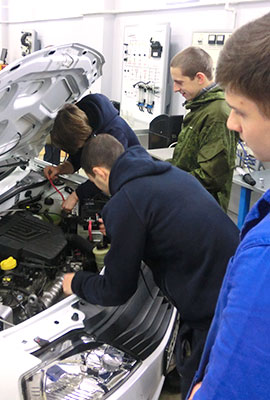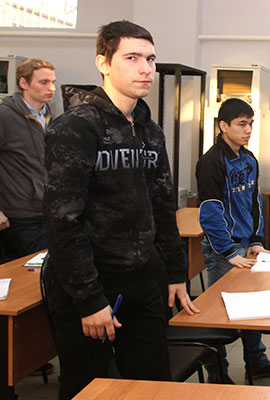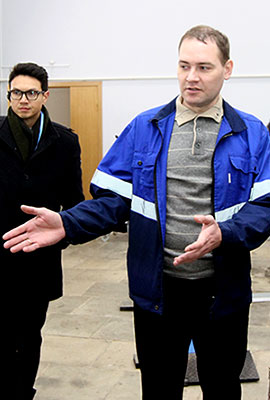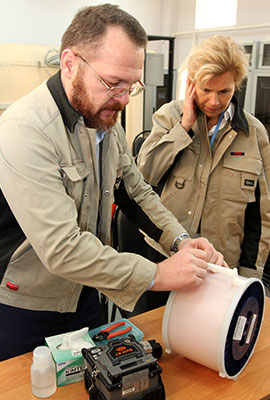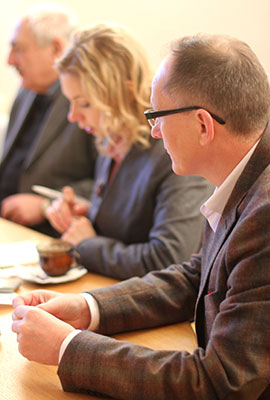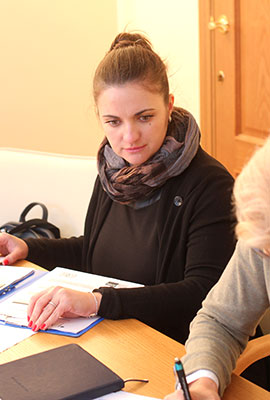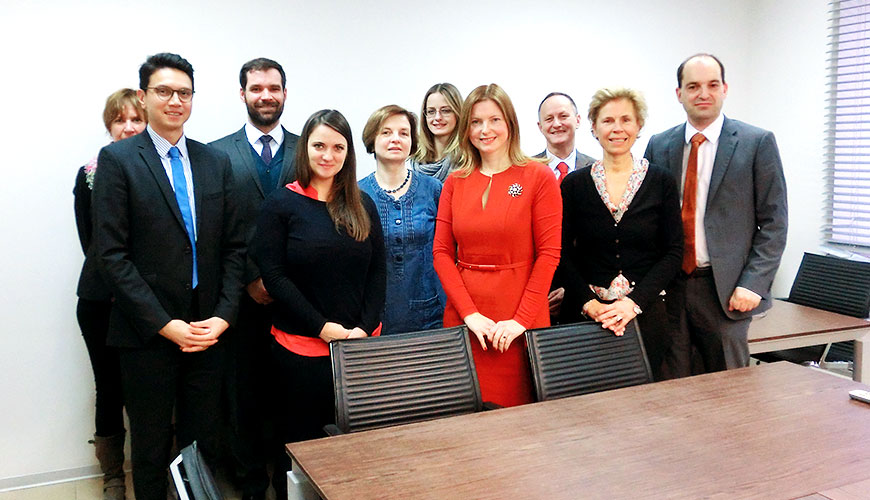iMOVE Trade Mission to Russia
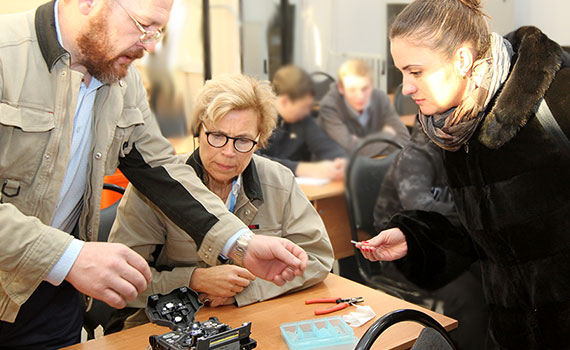
The trade mission was organised by iMOVE in conjunction with the German Chamber of Commerce and Industry in Russia (AHK) and the German Office for International Cooperation in Vocational Education and Training (GOVET).
It also afforded the six participating German training companies numerous opportunities to build new contacts with Russian representatives from trade, industry and government, and with further important multipliers in the country.
Dual training for bakers, butchers and cooks
At the hypermarket, the Russian hosts informed their German guests about the introduction of dual-aligned vocational education and training (VET) in the occupations of baker, butcher and cook, both in theory and in practice.
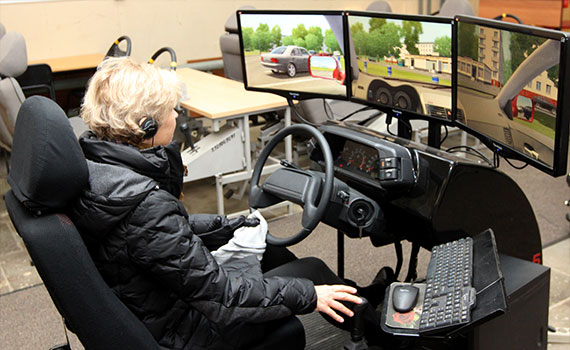
Russia establishes seven dual-oriented centres of excellence
As part of the educational reform process, the Russian government issued presidential decrees in 2013 and 2014 that commissioned the Agency for Strategic Initiatives (ASI) to drive forward the dualisation of vocational education and training in the country.
Experts from the ASI and a representative from the Russian Ministry of Education explained the latest developments and challenges of the reform process to the German training providers.
Centres of excellence will play a particular part in the reforms. These are being set up at seven locations, one of their roles being to prepare the Russian national team for its participation in the WorldSkills Competition.
The main sectoral focuses of these competence centres and the regions in which they will be established are as follows:
- Construction sector in the Moscow district,
- Transport and logistics in Ulyanovsk,
- Heavy machinery, tool manufacture and metal engineering in Sverdlovsk,
- Services, art and design in Tyumen,
- Automation, sensors and electronics in Chuvashia,
- Information and communication technology in Tatarstan,
- Automation in Kabarosk.
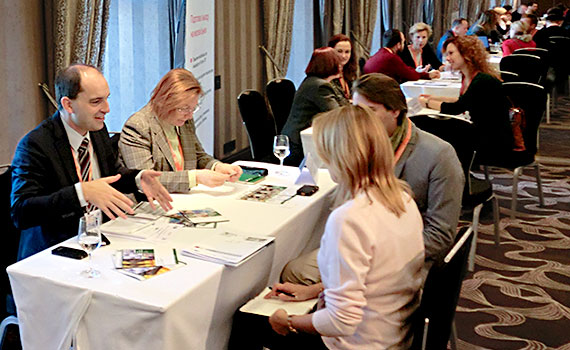
B2B marketplace with potential business partners
German companies are involved at the campus. The company Knauf (building materials) will operate a construction training centre and the company TECE (building services) will support the college with the introduction of occupations in the field of sanitary, heating and air conditioning systems.
One highlight of the delegation's trip was a cooperation exchange event which took place as part of a German-Russian Chamber of Commerce and Industry conference entitled "Localisation of production, development of industrial potential and vocational education and training in Russia."
At the cooperation exchange, the six German training companies networked with potential Russian business partners that had been identified by the chamber prior to the visit.
Conclusion
Topics such as skilled worker training and technology transfer will play an important role for both German and Russian companies in future. These are interesting developments which may open up new opportunities for German providers of initial and continuing vocational education and training to do business with Russian partners.
